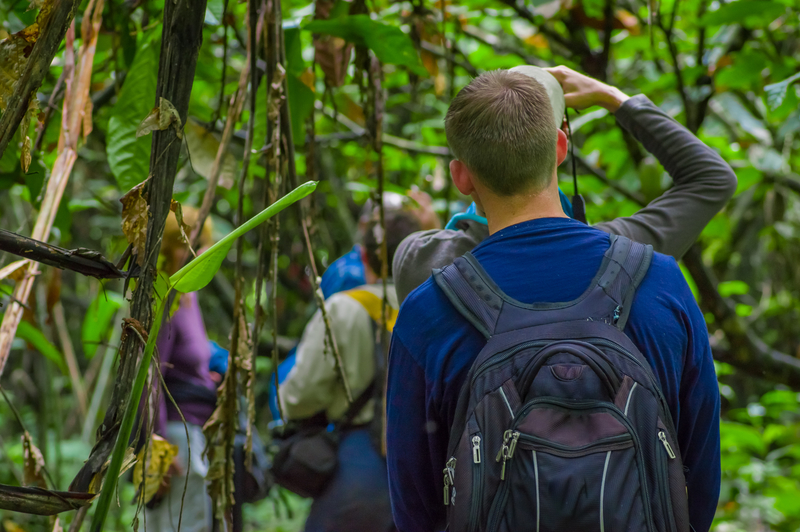Generally, it is good to consider survival advice when it is offered – you never know what you may find useful.
Here is a list of general survival tips that could help you in a survival situation or on your next camping trip!
• If you have a Zippo lighter and it has run out of fuel, don’t worry about it. You can still make a fire with it. Take out the cotton that’s inside the lighter and use the flint to ignite the cotton with a spark.
• Carry some Aluminium foil in your bug out bag. The reason for this is if the ground is damp or wet and you can’t get a fire going lay out the foil and you will have an instant dry platform to build your fire.
• Placing some masking tape over your flashlight reduces your profile yet giving you enough light to get things done.
• Toothpaste can be used to treat bug bites and insect stings.
• Tent pegs laid across 2 logs can be used as a make shift grill.
• If you are purifying water say from a swamp but it smells absolutely dreadful add some charcoal to the water while you are boiling it and it will remove the unpleasant smell and slightly improve the smell.
• A foil blanket duct taped to the inside of a tarp shelter can massively increase the heat potential of your shelter.
• Glow sticks should always be carried just in case you need to be rescued. Tie 3 feet of paracord to a glow stick and swirl it around to create a 6ft disk of light which will make it easy for rescue to spot you.
• A disposable rain coat or poncho is a very useful multipurpose survival tool. 1. It can be used as a rain coat. 2. It can be manipulated as a make shift shelter. 3. It can be made to create a solar still to gather and purify sea water. 4. It can collect rain water for drinking.
• Barbed wire can be made into make shift fishing hooks. If you happen to carry pliers with wire cutters in your kit then simply snip of some wire and fashion it into a hook and attach it to paracord.
• NEVER under any circumstances use untreated water to clean wounds. It’s common sense but I have seen many people wash their wounds in a river. Also, don’t submerge your hands in water if you have cuts or grazes.
• When packing your bag put all of the light equipment at the bottom and the heavy stuff on top to maintain your center of gravity.
• If you are planning to move around a lot you should wear less clothing than you need. As long as you keep in continuous motion and keep your head, hands and feet covered and dry you can drop nearly all of your extra layers and still be comfortable. The key is to avoid sweating in cold weather as your clothes will get damp and your clothing will lose its insulating qualities and you risk getting hypothermia.
• Smoke is a natural insect repellent. If you have a fire going then wave your jacket, trousers, sleeping bag or your poncho etc around in the smoke to keep the mosquitoes and ants from eating you alive. A fire is also a natural predator repellent.
• Carry spare socks in your bug out bag. At least 2 pairs. Socks can be used to filter the dirt and crap out of water, keep animal guts suspended in a tree and of course prevent you from getting trench foot and blisters.
• If you do get a blister thread a needle and thread through the blister to drain it and the thread will keep the holes made open and soak up any left over moisture. With this method your blisters will heal faster. If you feel you are getting a blister take a big piece of duct tape and place directly over the area, the tape will eliminate the friction and stop blisters from forming.
• It may seem tempting to set your camp up next to a body of water but it’s a bad idea. Bugs that hover over the water will eat you alive in the night especially if you are set up next to stagnant, non moving water. Set up camp on elevated ground a modest distance away from the water.
• Raising both arms up into the Y position and back down erratically is the internationally recognized distress signal.
• If you see an animal drinking from a water source.. That does not mean the water is safe for you to drink. Most animals have the ability to eat and drink things that are harmful to humans.
Lists of survival advice, tips and hacks are invaluable to ensuring that you are prepared as possible for a survival situation.
The more you read (and apply,) to verify its authenticity, the better off you are; you should never blindly believe advice offered, but you should also never reject it out of hand.
To see even more survival tips, check out Survive Hive.
